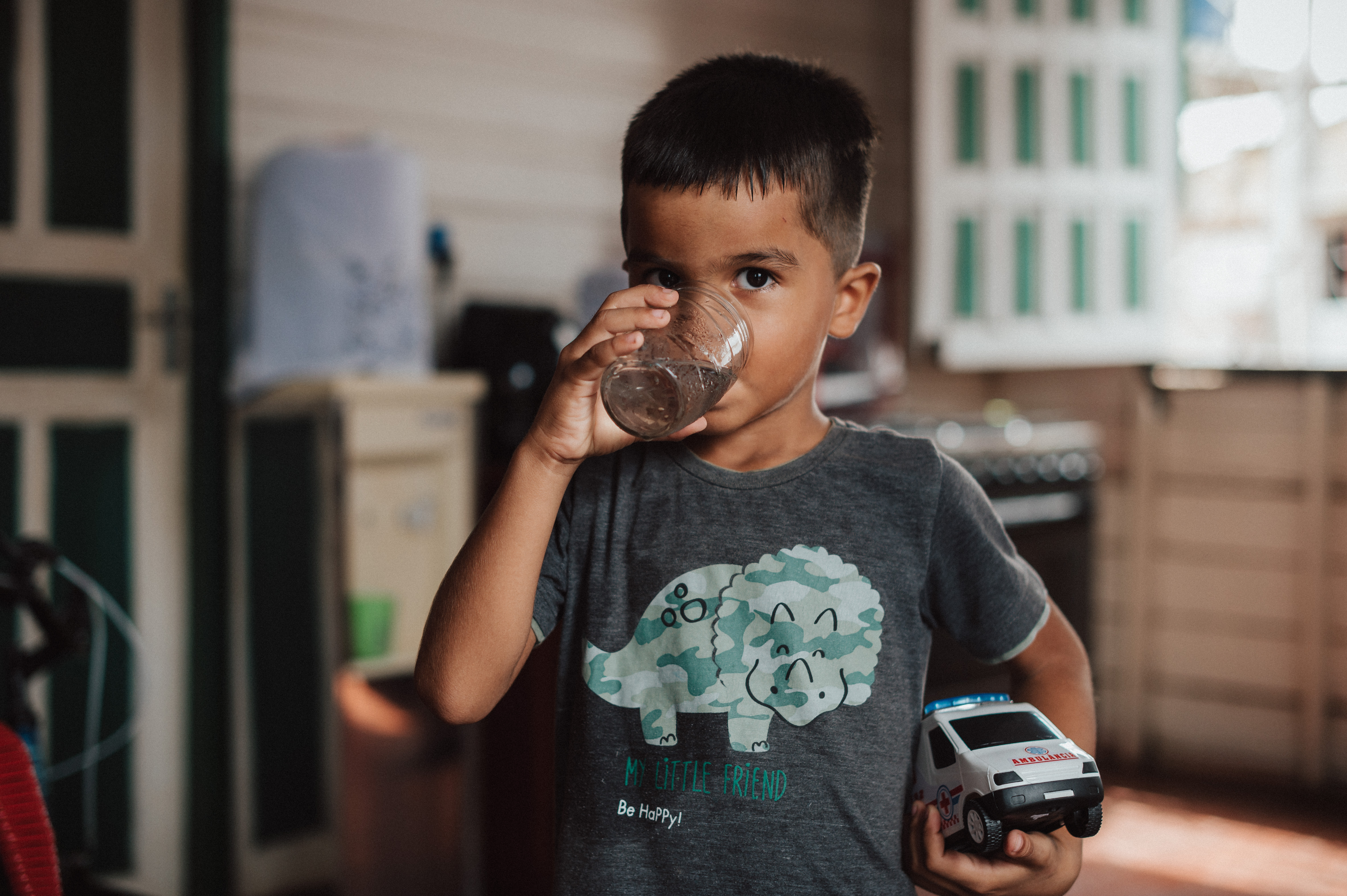

Description
The new Basic Sanitation framework was established by Law no. 14.026/2020, which repealed the old Law no. 11.445/2007, conferring significant changes to the WASH sector in Brazil, since it contemplates the macro objective of universalizing sanitation services for the population.
The Law allows the opening of sanitation services to private entities, either as individual companies or through public-private partnerships. It also emphasizes the need to expand regulation in this sector, assigning the Brazilian Water and Basic Sanitation Agency (ANA) the authority to set reference standards for sanitation services.
Another point that deserves attention is the promotion of the consortium performance of service providers. It is also worth noting the mandatory bidding processes for the selection of concessionaires providing services in accordance with Decree No. 10.710/2021, which aims to present the methodology for proving the economic and financial capacity of contract holders to meet the goals proposed in the New Legal Framework for Basic Sanitation.
For the time being, it is important to hold discussion forums at different levels (federal, state and municipal) to align the implementation of the new framework with the goals of the National Health Plans, the SDGs and the objectives of the Convention on the Rights of the Child (CRC).
Criteria 9/11
- ACCESSIBILITY
- ALIGNMENT WITH SDG 1,3,4,6 AND/OR 11
- RACE AND GENDER ISSUES
- ATTENTION TO CHILDREN AND ADOLESCENTS
- LOW COST
- SOCIAL DIFFUSION
- ADMINISTRATIVE EFFICIENCY
- ADHERENCE AND CONTINUITY AT LOCAL LEVEL
- WASH INITIATIVE
- CLIMATE RESILIENCE
- SUSTAINABILITY
This policy is directly related to the municipal and state departments working in the Basic Sanitation sector. Other institutions at the federal level that relate to this policy are: National Health Foundation (FUNASA/MS); Secretariat for Indigenous Health (SESAI/MS, Secretariat for Health Surveillance (SVS); Brazilian Water and Sanitation Agency (ANA); Secretariat for Environmental Quality (SQA) of the Ministry of Environment and Climate Change (MMA).
Federal managers, State managers, Municipal managers, Civil society, Private companies in the Basic Sanitation sector.
National
Since 2020
The current Basic Sanitation Policy presents guidelines to resolve regional development inequalities by mentioning the aspects that punctuate the coverage of regions with a low-income population so that they are not unassisted in the composition of consortia and/or partners. It also creates the Interministerial Committee on Basic Sanitation (CISB), “a decision-making body that, under the presidency of the Ministry of Cities, whose purpose is to ensure implementation of the federal basic sanitation policy and to coordinate the performance of federal agencies and entities in the allocation of financial resources in basic sanitation actions” (BRAZIL, 2020).
Article 11-b of the Law states that: "The contracts for providing public basic sanitation services must define universalization goals that guarantee the service of 99% (ninety-nine percent) of the population with potable water and 90% (ninety percent) of the population with sewage collection and treatment by December 31, 2033, as well as quantitative goals of non-intermittence of supply, reduction of losses and improvement of treatment processes".
The National Sanitation Information System (SNIS) monitors all information related to basic sanitation. The information is declared by the municipality itself to the Ministry of Cities, manager of said system.
According to MDR data "for the country to achieve universalization of basic sanitation services by 2033, ensuring that 99% of the Brazilian population has access to potable water and 90% to sewage treatment and collection. To meet this goal, it takes investments of about R$ 70 billion per year."
"Of the resources guaranteed in 2021 to improve services, and which will be invested in the next 10 years, most come from the service concession auctions that together reached R$ 37.5 billion in planned investments. Last year alone, the Federal Government, through the MDR, delivered 137 sanitation works and resumed 290 projects that will bring treated water and sewage to about 7.5 million people."
Source: https://www.gov.br/pt-br/noticias/transito-e-transportes/2022/03/investimentos-em-tratamento-de-agua-e-esgoto-crescem-quase-1-000-em-um-ano